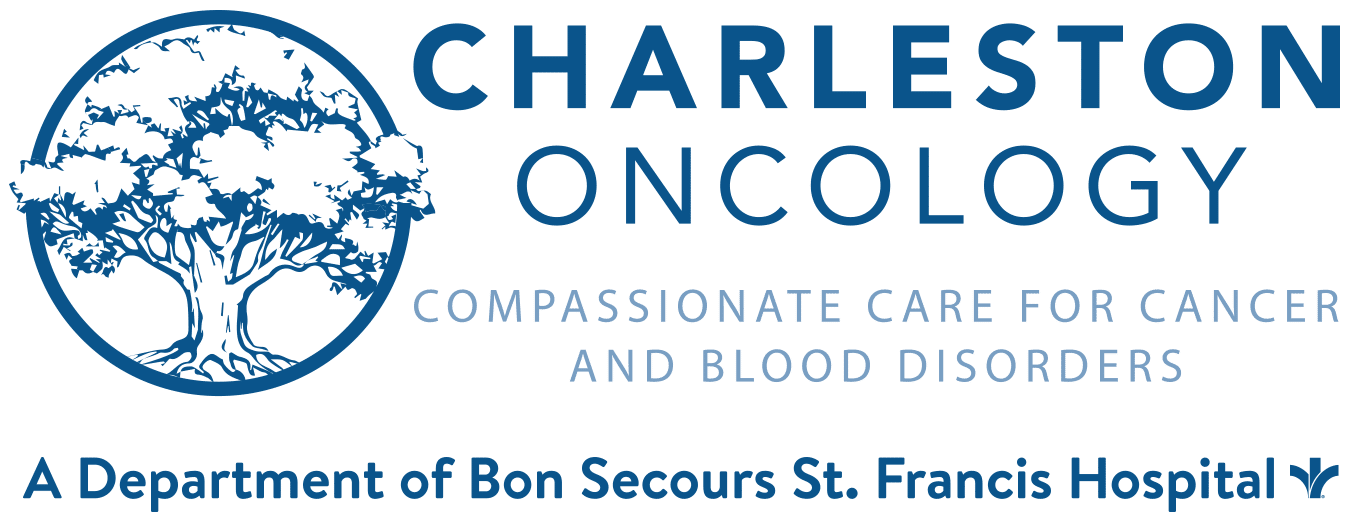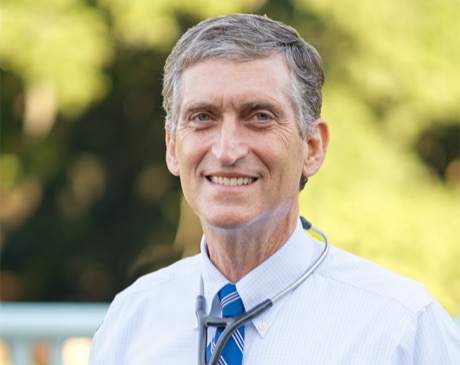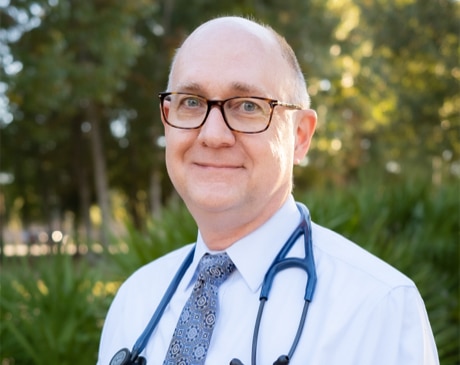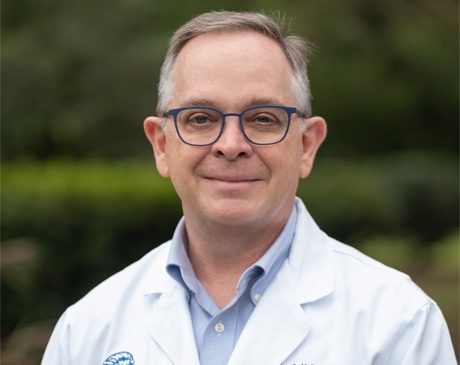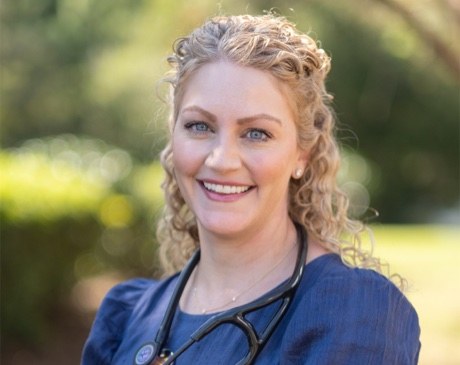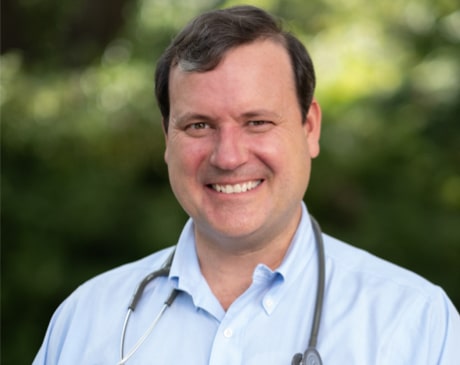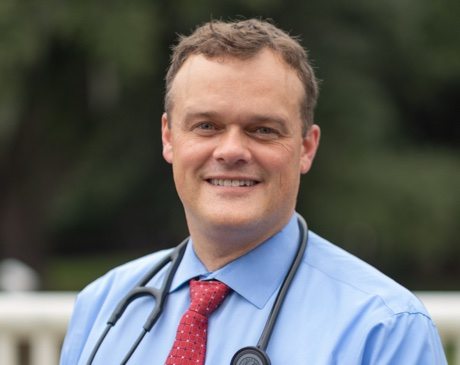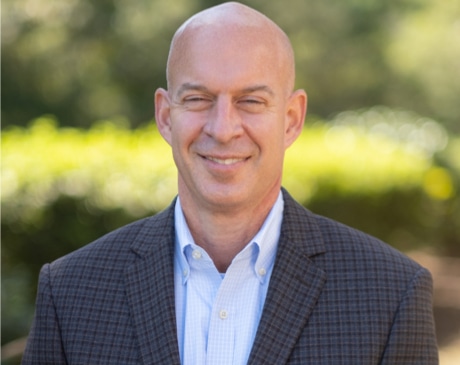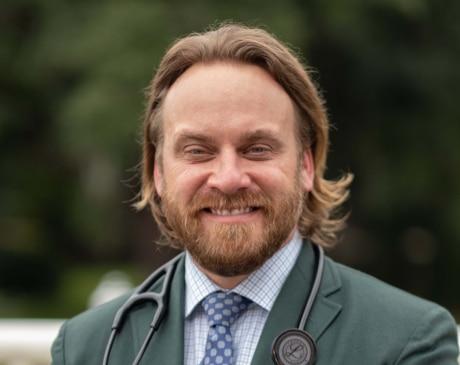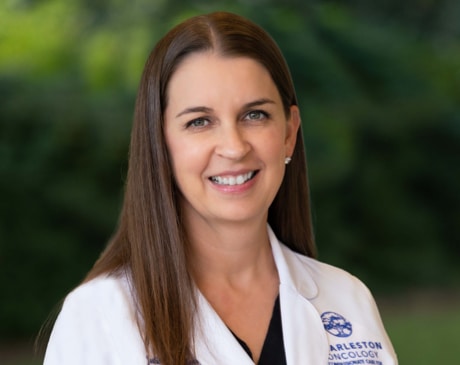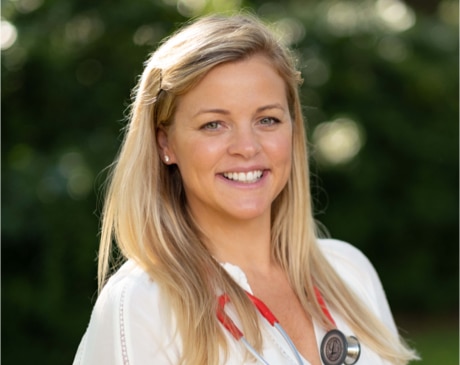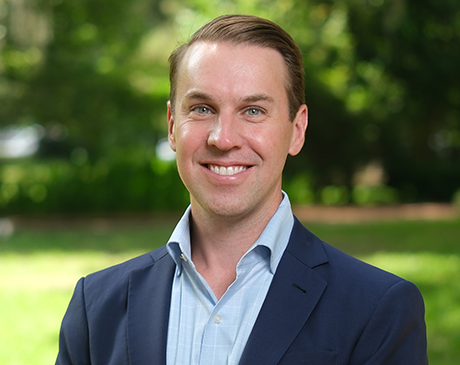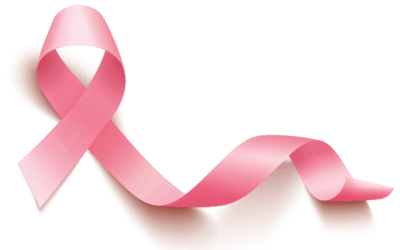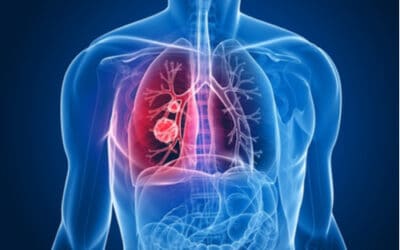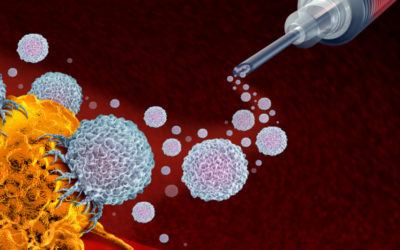
Stronger
Together
Imagine eleven hematologists and oncologists who have come together to provide the latest innovation in cancer treatment, with over 100 years of combined experience, and you have Charleston Oncology, a department of Bon Secours St. Francis Hospital.



Medical Oncology & Hematology Specialists located in Downtown Charleston, North Charleston, West Ashley, Mt. Pleasant, Summerville, and Walterboro.
Healing.
Energy. Focus.

This dedicated practice, located in state-of-the-art facilities across South Carolina’s Lowcountry, focuses on the diagnosis and treatment of all kinds of cancers.
Our team works tirelessly to bring their patients the latest advancements in cancer medicine, participating in clinical trials whenever they can. This commitment to excellence means anyone under their care benefits from only the most innovative and efficient tools available in the fight against cancer.
Patient Portal
Patients can use the portal for appointment requests, bill pay, lab results, and many other features.





Choose Your
Provider
ConditionsWe Treat
Anemia
Anemia means that you don’t have enough healthy hemoglobin in your red blood cells, which compromises your body’s ability to deliver oxygen throughout your body. The doctors at Charleston Oncology specialize in blood disorders, including anemia, which cancer, cancer-related treatments, pregnancy, and many other conditions that create an iron deficiency may cause.
Bladder Cancer
Blood Disorders
To say that blood disorders have a far-reaching impact on your overall health would be an understatement. As experienced hematologists, the doctors at Charleston Oncology have a considerable depth of knowledge to help you fight most blood disorders, restoring balance to your health.
Bone Cancer
Brain Cancer
Breast Cancer
Breast cancer is the second most diagnosed cancer in women, and one in eight women in the United States develop this disease. While over a quarter of a million new cases are diagnosed on average each year, survival rates are getting higher, thanks to early detection and cutting-edge medicine and practices, like those found at Charleston Oncology.
Colorectal Cancer
GI Cancer
Head & Neck Cancer
Kidney Cancer
Leukemias
Liver Cancer
Lung Cancer
Lymphomas
Lymphoma is a catchall term for some different cancers that start in your lymphatic system. The more common type of the disease, non-Hodgkin lymphoma, is one of the most commonly diagnosed cancers, accounting for 4% of all cancers in the United States. No matter what form your lymphoma takes, Charleston Oncology has the tools and expertise necessary to help you get the best treatment available.
Myelomas
Myeloma is an uncommon form of cancer that involves your blood, more specifically your plasma. If you’ve been diagnosed with multiple myeloma, the key to a successful outcome is to get a team of expert hematologists and oncologists to watch over your disease, intervening when necessary.
Pancreatic Cancer
Prostate Cancer
Skin Cancer
Testicular Cancer
Testicular cancer is uncommon, affecting only one out of every 250 men in the United States, with just over 9,000 cases reported each year. That said, it’s the most common cancer diagnosis in American males between the ages of 15 and 35. The good news is that this type of cancer is highly treatable, especially with the right team.
I Chose
Charleston Oncology
Cancer survivors share their stories & experience with Charleston Oncology. Learn why they're grateful they chose Charleston Oncology to be their cancer care partner.
Choose your preferred location

West Ashley
North Charleston
Downtown
Summerville
Mt. Pleasant
Walterboro
Patient
Portal

“Dr. Saylors is amazing! She treated my wife throughout her breast cancer journey and you can tell she genuinely cares about her patients. I would recommend her to anyone and everyone who needs and oncologist."
“The team at Charleston Oncology provides amazing care! They made me feel comfortable and hopeful throughout my treatment, and always went beyond to make my experience better. Thank you Charleston Oncology!"
- Harriet S.
“I love Charleston Oncology because not only do they make me feel confident that I'm getting the best care, but Charleston Oncology gives that assurance to my family as well."
Send UsA Message
Staying Aware for Breast Cancer Awareness Month
Staying Aware for Breast Cancer Awareness monthCharleston Oncology is proud to sponsor Staying Aware for Breast Cancer Awareness month in conjunction with WCIV News Channel 4. We continue to partner with our community to ensure that every woman has the best chance of...
Early-Stage Breast Cancer Characteristics and Treatment Options
Early-Stage Breast Cancer Characteristics and Treatment OptionsA rise in early-stage breast cancer diagnosis may result from better screening technology and a raised awareness of the importance of annual mammograms. An early-stage breast cancer diagnosis is contained...
Game Changing Neoadjuvant Lung Trial Enrolls the Most People in the World
Charleston Oncology’s Clinical Trials most recent non–small cell lung cancer trial enrolled the most people in the world. Gene Saylors, MD, oncologist and hematologist at Charleston Oncology, will present the positive findings at the American Association for Cancer Research 2022 Annual Meeting. “When administering a new trial, we are always cautiously optimistic,” says Dr. Gene Saylors. “The positive results of this Neoadjuvant Lung Trial resulted in rapid FDA approval due to its impressive outcomes.”
Lowcountry doctors, patients helped secure ‘game-changer’ cancer treatment approval
Clinical trials for a newly-approved cancer treatment for lung cancer in the Lowcountry helped get the drug ready for people around the world, Lowcountry medical officials say.
Lowcountry Breast Cancer Survivors On Finding The Right Oncology Practice
How should one go about finding the right oncology practice? We interviewed ten Lowcountry breast cancer patients to get their perspectives and advice.
Sarcoma and Bone Cancer Awareness
July is Sarcoma and Bone Cancer Awareness Month. Sarcomas are a rare group of cancers in which malignant cells form in the bones or soft tissues of the body.
